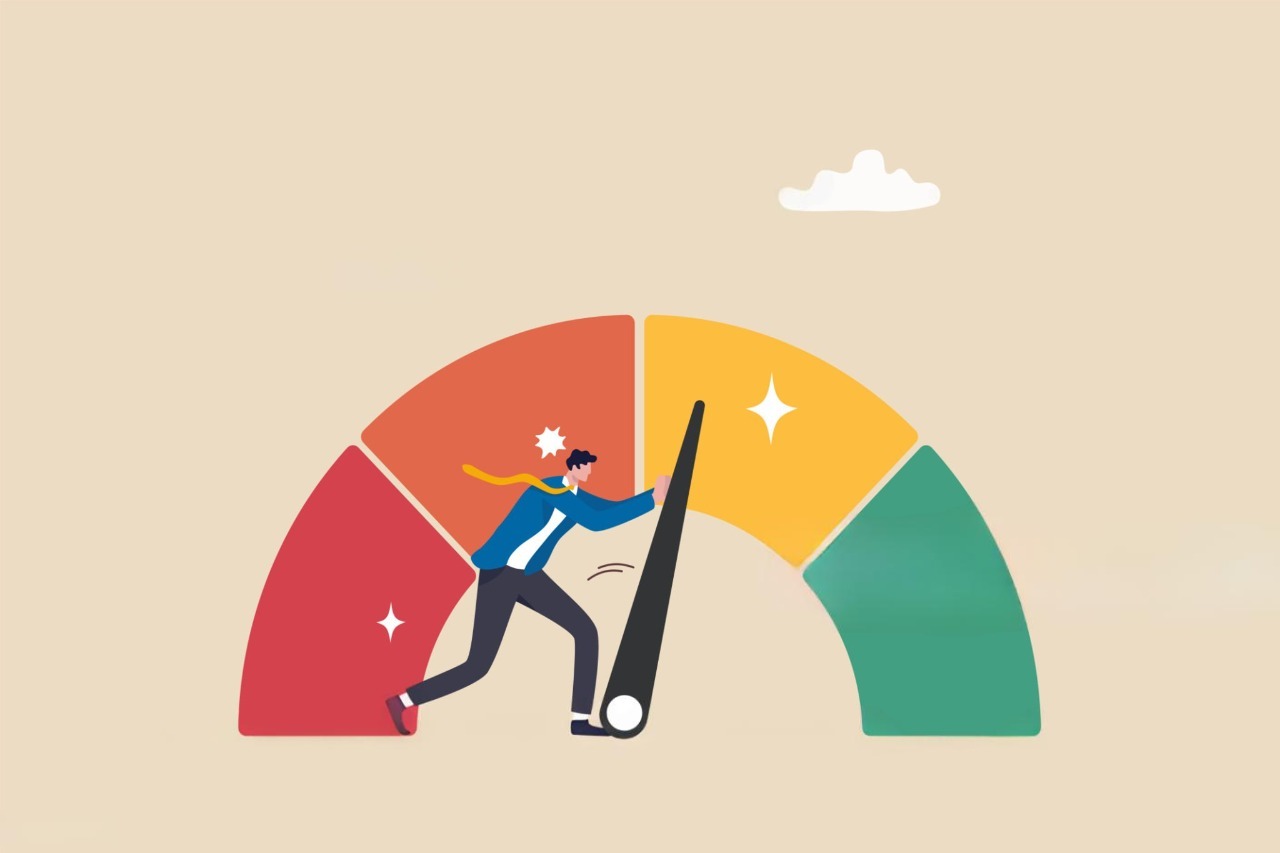- Home
- About Us
-
Loan
- Project Loans
- Unsecured Business Loans
- Loan Against Property
- Home Loans
- Working Capital - Cash Credit (CC), Overdraft (OD) & Term Loan
- Personal Loan
- New Car Loan
- Used Car Loan
- School & College Funding
- Medical Equipment Finance
- Industrial Equipment Finance
- Solar Plant Finance
- Hospital Infra Funding .
- Leasing and Renting
- Insurance Services
- Partner With Us
- Our Team
- Our Branches
- contact us

-
Phone:
+91 7860010011 -
Email:
contact@relookcapital.com -
Office Address: B-2 , 2/91, Vibhuti Khand. Gomti Nagar.Lucknow-226010. UP
-
Registered Address : 204, Prem Vihar . Sector 62. Noida. Pin -201309. UP
